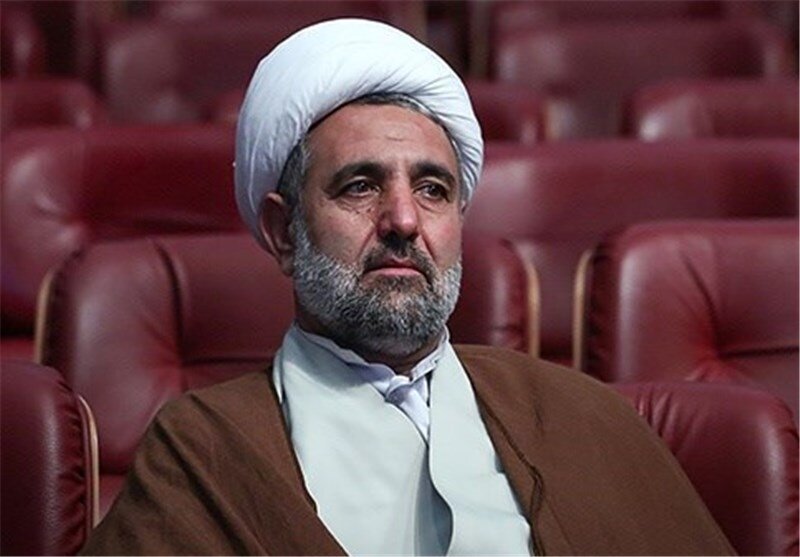Iran to restrict IAEA access by May 24 if no progress made in Vienna talks, MP warns

TEHRAN – A senior Iranian lawmaker warned that Iran will further restrict the UN nuclear watchdog’s access to its nuclear facilities within few weeks if the West failed to make progress in the Vienna nuclear deal talks.
The lawmaker, Mojtaba Zolnouri, who is the head of the Iranian Parliament’s National Security and Foreign Policy Committee, said the nuclear talks in Vienna have so far failed to produce a concrete result and they have become “draining.”
“We hope that the lock of negotiations will be broken and the path will continue quickly,” the lawmaker said. But at the same time, he warned, if this lock is not broken by May 24, Iran will implement a parliamentary nuclear law obligating the Iranian government to rapidly increase nuclear activities and restrict the International Atomic Energy Agency’s access to Iranian nuclear facilities.
The nuclear law, officially called “Strategic Action to Lift Sanctions and Protect the Nation’s Rights,” outlines a step-by-step strategy for Iran to increase nuclear activities in case the West failed to honor its obligations under the 2015 Iran nuclear deal, officially known as the Joint Comprehensive Plan of Action (JCPOA).
“If this lock is not broken, according to the strategic law for lifting sanctions, the opportunity for the West to fulfill its obligations will end on May 24, and the Islamic Republic of Iran will take action in accordance with this law,” Zolnouri told Tasnim.
He said the first thing Iran will do in case the Vienna talks failed is the non-implementation of the Additional Protocol to the Nuclear Non-Proliferation Treaty (NPT).
At present, the offline agency cameras are operating in our country's nuclear facilities. If the negotiations are unlocked by May 24, the Agency can access the content of these cameras,” Zolnouri pointed out. “If the negotiations are not concluded by May 24, the content of the cameras will be deleted and the cameras will be turned off.”
He said that the Iranian parliament should be in the know about any agreement reached in Vienna, adding that if the agreement is within the framework of the JCPOA and no issue is added to it, it does not need to be approved by the parliament, but any new clause added to the JCPOA should be submitted to the parliament for ratification.
Iran and the remaining parties to the 2015 nuclear deal held another meeting on Friday to discuss the latest developments concerning the nuclear deal. During the meeting, participants agreed to expedite talks and start working on a draft text of the final agreement to revive the nuclear deal. The Friday meeting has marked the start of the fourth round of nuclear talks, which is taking place in the Austrian capital of Vienna within the framework of the JCPOA Joint Commission.
Seyed Abbas Araghchi, Iran’s deputy foreign minister who leads the Iranian delegation at the Vienna talks, issued a brief statement shortly after the JCPOA Joint Commission saying that during the meeting “it was decided to start expert and technical consultations and work on the draft texts immediately.”
The statement added, “All parties reaffirmed their seriousness to achieve the result in the shortest possible time.”
The Friday meeting also opened a new round of talks, according to Mikhail Ulyanov, who serves as the head of the Russian delegation to the Vienna talks.
“The Joint Commission of JCPOA at its meeting today opened a new round of the talks on full restoration of the nuclear deal. The participants agreed on the need to intensify the process. The delegations seem to be ready to stay in Vienna as long as necessary to achieve the goal,” Ulyanov said on Twitter.
SM/PA
Leave a Comment